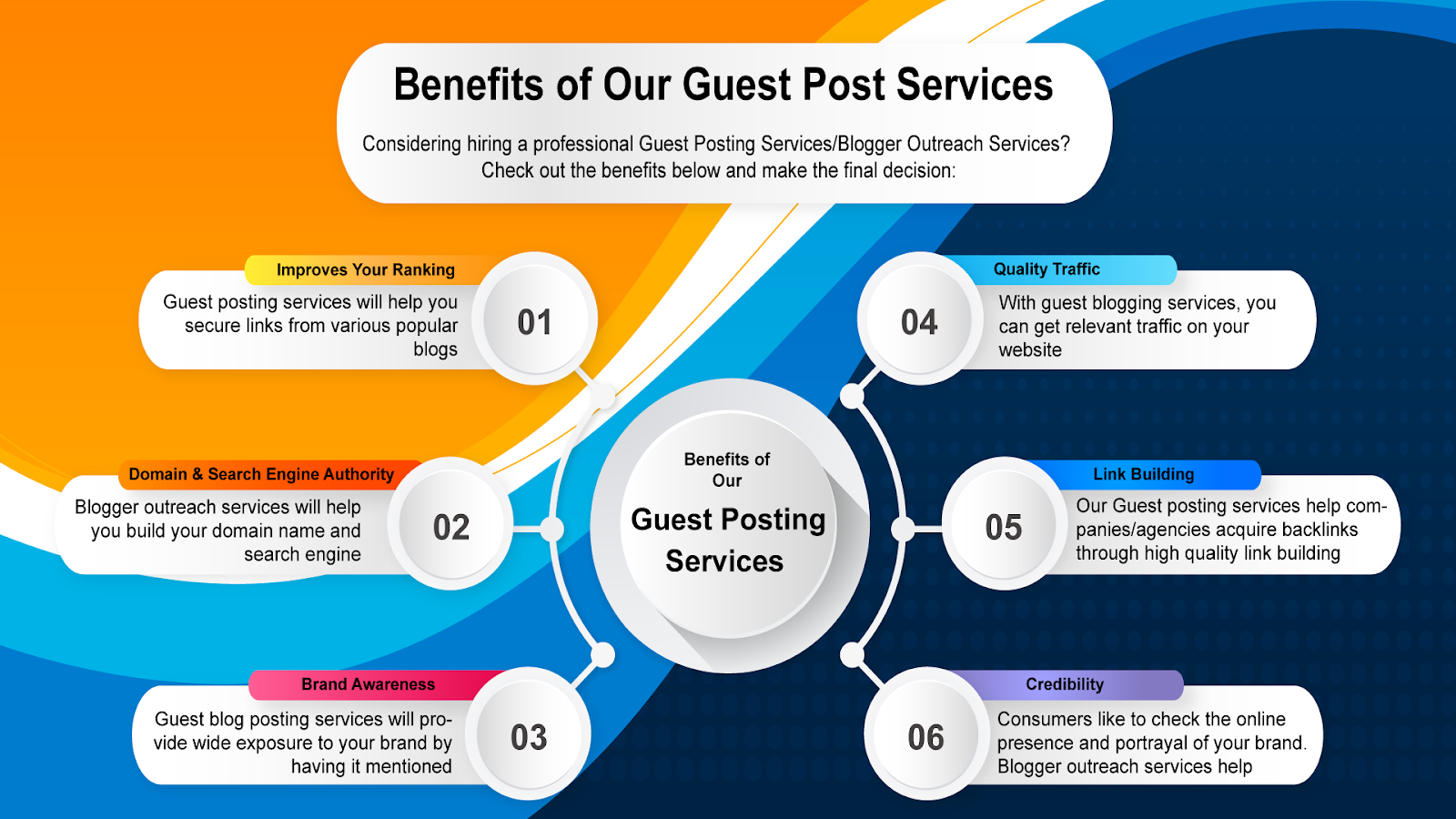Effective Eating Strategies for Exercise Performance
Proper nutrition plays a vital role in fueling your fitness journey. When it comes to exercise performance, what you eat can significantly impact your energy levels, endurance, and overall results.
In this comprehensive guide, we will explore effective eating strategies to maximize your fitness potential. From pre-workout fueling to post-workout recovery, we will delve into the key principles of nutrition that can optimize your exercise performance. So, let's dive in and discover the best ways to fuel your fitness!
Pre-Workout Nutrition: Powering Up for Performance
Before engaging in any physical activity, it's crucial to provide your body with the right fuel. Pre-workout nutrition sets the foundation for optimal exercise performance. By consuming a balanced meal or snack beforehand, you can enhance your energy levels and promote muscle recovery. Here are some effective eating strategies to consider:
1. Timing is Key
Fueling your body at the right time is essential for maximizing performance. Ideally, aim to consume a pre-workout meal or snack one to three hours before exercising. This timeframe allows your body to digest and absorb the nutrients, providing you with sustained energy throughout your workout.
2. Carbohydrates: The Energy Source
Carbohydrates are the primary source of energy for your muscles during exercise. Including complex carbohydrates in your pre-workout meal can help sustain your energy levels. Opt for whole grains, fruits, and vegetables, which provide a steady release of glucose into your bloodstream, ensuring a constant energy supply.
3. Protein for Muscle Support
While carbohydrates provide energy, protein plays a crucial role in muscle repair and growth. Including a moderate amount of protein in your pre-workout meal can help prevent muscle breakdown and aid in recovery. Good sources of protein include lean meats, poultry, fish, tofu, and legumes.
4. Hydration Matters
Staying hydrated is vital for optimal exercise performance. Adequate fluid intake ensures proper muscle function and regulates body temperature. Make sure to drink water before your workout and continue hydrating throughout your exercise session.
5. Pre-Workout Snack Ideas
If you prefer smaller meals or need a quick boost before exercising, opt for pre-workout snacks. Here are some nutritious and easy-to-digest options:
A banana with a tablespoon of nut butter
Greek yogurt with berries
Oatmeal topped with fruits and a sprinkle of nuts
Whole grain toast with avocado
By incorporating these pre-workout nutrition strategies into your routine, you can power up your performance and achieve better results during exercise.
[ Read: Muscular Endurance Exercises ]
Fueling During Exercise: Maintaining Stamina and Endurance
For longer-duration workouts or intense training sessions, fueling your body during exercise becomes crucial. Proper nutrition during exercise helps maintain stamina, delay fatigue, and sustain performance levels. Here are some strategies to consider:
6. Stay Hydrated
As mentioned earlier, hydration is essential not only before and after exercise but also during your workout. Keep a water bottle handy and take regular sips to replenish fluids lost through sweat.
7. Carbohydrate-Based Fuel
During prolonged exercise, carbohydrates remain the primary energy source. Consuming easily digestible carbohydrates, such as energy gels, sports drinks, or fruit, can provide a quick energy boost and help maintain your performance levels.
8. Electrolytes for Balance
Electrolytes are minerals that play a crucial role in maintaining fluid balance, muscle function, and nerve impulses. During prolonged exercise, especially in hot weather, electrolyte loss through sweat can occur. Consider consuming sports drinks or electrolyte supplements to replenish these vital minerals.
9. Listen to Your Body
Each individual is unique, and there's no one-size-fits-all approach to fueling during exercise. Pay attention to your body's cues and experiment with different strategies to find what works best for you. Some individuals may require more carbohydrates or electrolytes, while others may need less. Learn to listen to your body and make adjustments accordingly.
Post-Workout Recovery: Replenishing and Repairing
After completing a workout, proper post-workout nutrition is crucial for optimal recovery and muscle repair. It's during this period that your body replenishes glycogen stores, repairs damaged tissues, and adapts to the exercise stimulus. Here are some effective eating strategies for post-workout recovery:
10. Timing Matters
Similar to pre-workout nutrition, timing is crucial when it comes to post-workout meals. Aim to consume a well-balanced meal or snack within one to two hours after exercising. This window of time is when your body is most receptive to nutrient absorption, maximizing recovery benefits.
11. Carbohydrates for Glycogen Replenishment
During exercise, your muscles use glycogen as fuel. Replenishing glycogen stores after a workout is essential for optimal recovery. Include carbohydrates in your post-workout meal or snack to restore glycogen levels. Opt for sources like sweet potatoes, quinoa, brown rice, or whole grain bread.
12. Protein for Muscle Repair
Exercise creates microscopic damage to muscle tissues. Consuming protein after your workout helps repair and rebuild these tissues, promoting muscle growth and recovery. Include a high-quality protein source, such as lean meats, fish, eggs, or plant-based proteins like tofu or legumes, in your post-workout meal.
13. The Power of Antioxidants
Intense exercise can generate free radicals, which are unstable molecules that can cause oxidative stress and damage cells. Including antioxidant-rich foods in your post-workout meal can help combat this oxidative stress. Berries, dark leafy greens, and colorful fruits and vegetables are excellent sources of antioxidants.
14. Hydrate and Replenish Electrolytes
Rehydrating after a workout is crucial for restoring fluid balance and promoting optimal recovery. Additionally, replenishing electrolytes lost through sweat is essential. Consider drinking water and consuming electrolyte-rich beverages or natural electrolyte sources like coconut water.
15. Post-Workout Snack Ideas
If you prefer quick and convenient options, here are some post-workout snack ideas that provide a good balance of carbohydrates and protein:
Chocolate milk or a protein shake
Greek yogurt with granola and berries
Whole grain wrap with lean protein and vegetables
Cottage cheese with fruit
By focusing on post-workout nutrition and incorporating these strategies into your routine, you can optimize recovery, minimize muscle soreness, and prepare your body for future workouts.
[ Read: Eating Before Workout ]
FAQs
FAQ 1: Should I Eat Before Workout?
Yes, eating before a workout is important as it provides the necessary fuel for optimal performance. However, the timing and composition of your pre-workout meal or snack may vary based on individual preferences and the type of exercise you plan to engage in.
FAQ 2: What should I morning eat before workout?
For a morning workout, aim to consume a light meal or snack that provides a balance of carbohydrates and protein. Opt for easily digestible options such as a banana with nut butter, a small bowl of oatmeal with fruit, or a protein smoothie.
FAQ 3: Can I exercise on an empty stomach?
Exercising on an empty stomach may work forsome individuals, especially during low-intensity workouts. However, for most people, having some form of fuel before exercise is beneficial to maintain energy levels and prevent muscle breakdown.
FAQ 4: Is it necessary to consume sports drinks during exercise?
Sports drinks can be beneficial during prolonged, intense exercise sessions as they provide a source of carbohydrates and electrolytes. However, for shorter workouts or moderate-intensity activities, water is generally sufficient to stay hydrated.
FAQ 5: What should I eat after a workout for muscle recovery?
After a workout, focus on consuming a balanced meal or snack that includes both carbohydrates and protein. This combination helps replenish glycogen stores and promotes muscle repair. Options like a chicken breast with quinoa and vegetables, a turkey sandwich on whole grain bread, or a protein smoothie with fruits and spinach can be excellent choices.
FAQ 6: Can I eat junk food after a workout?
While it's important to nourish your body with nutritious foods after a workout, occasionally indulging in a treat is perfectly fine. However, it's essential to maintain a balance and prioritize whole, nutrient-dense foods for optimal recovery and overall health.
Fueling your fitness journey with effective eating strategies is key to maximizing exercise performance. From pre-workout nutrition to fueling during exercise and post-workout recovery, paying attention to what you eat can make a significant difference in your results. Remember to listen to your body, experiment with different approaches, and find what works best for you. By prioritizing proper nutrition and incorporating these strategies into your routine, you'll be well on your way to achieving your fitness goals.






